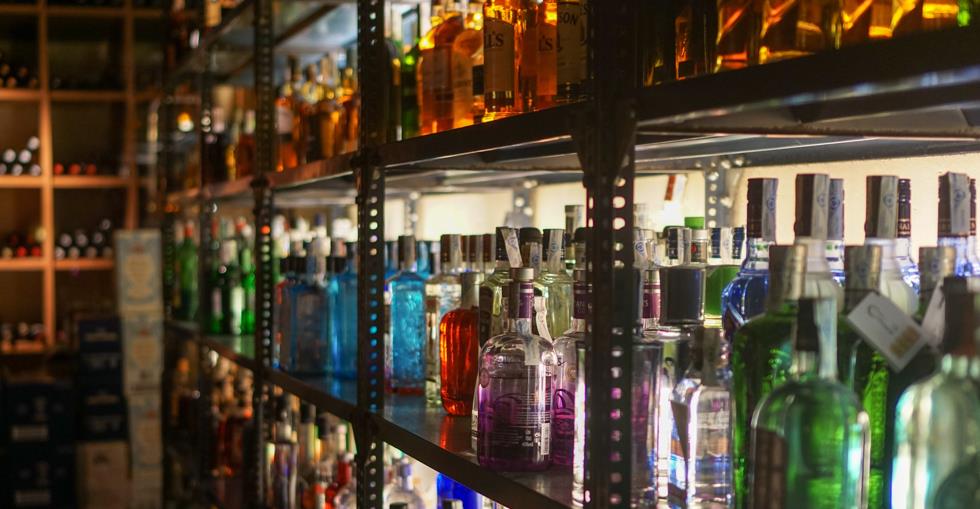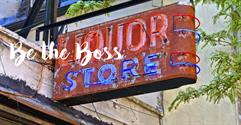If you’ve decided to sell your liquor store, then it will probably take at least 6-12 months to find a buyer and complete the sale – potentially even longer. That gives you some time to make a few changes – see the suggestions below – to make your business more attractive to buyers and increase your likely sale price. We’ve also outlined some basic steps to putting the business on the market and finding buyers.
Preparing the liquor store for sale
Maintain accurate and organized records. A fundamental of business sales regardless of sector, this means keeping all records pertaining to the store up to date, easily accessible, neat and organized. This makes running the business easier for you and provides transparency over the business’s trading performance – by far the most important consideration for a prospective buyer.
Establish strong relationships with suppliers. The suppliers that provide your products are your lifeline. Make a point of nurturing these relationships, particularly by paying invoices on time. Your prospective buyer will benefit as much as you.
Invest in the appearance of your premises. For any retail location, the visual appeal of the premises will attract prospective buyers just as it does customers. This includes both the shop frontage – and above all that means appealing, clear signage (does it draw the eye?) – and a tidy, clean, well-maintained interior.
Don’t deny the importance of repeat custom. Even though you’re preparing for a sale, gathering customers’ contact details as part of a loyalty scheme can help create an asset to be used by the next owners, even if you don’t make good use of it during your term of ownership.
Admittedly, a no-frills approach is generally tolerated – even expected – when it comes to liquor stores, but a prospective buyer can still be deterred by premises in a state of disrepair.
And if you’re pitching at the premium end of the market – stocking craft beers or exotic spirits, for example – then appearance matters even more.
Boost your bottom line. What
Recent trading figures are particularly important, so if you can boost takings in the next 6-18 months (few businesses are sold more quickly than this), then you can raise your asking price, which is usually decided on a multiple of earnings.
So how to do this?
As with general stores and other everyday retailers, most customers will visit the liquor store that happens to be closest to where they live or en route to a dinner party.
Nevertheless, you probably have at least one or two competitors within walking distance and there are ways to encourage customers to switch to your shop.
Proximity aside, people tend to favour liquor stores based on price and choice of products, though do keep in mind that there's a burgeoning market that demands knowledge and friendly sales staff.
Can you undercut the competition without cutting your profits even as you boost sales? If not, could you find
You could lure customers with promotions and retain them through knowledgeable, friendly customer service.
Or you could stock popular beers that are unavailable at rival stores.
Such decisions cannot be made without research into local demographics: the local population’s age profile, ethnic mix and education/income level.
However you decide to attract customers, make sure you advertise your exciting new promotions, lower prices or new products prominently in your shop window, on sandwich boards and on fliers
You could even pitch yourself as a specialist store – whether in craft ales or high end or unusual wines and spirits. Connoisseurs will travel further afield to get their
Putting the business on the market
Get professional assistance. Your business sale is best handled with the help of a business broker, who can help you value the business, find buyers and handle negotiations.
Get a business valuation. A business broker can value your business at a level that maximizes your return without deterring buyers.
List your liquor store for sale. Once your preparations are complete, take advantage of a businesses-for-sale listing service and the talents of a business broker to advertise your business for sale. Your broker will help you draft your online advert, but it’s worth considering factors that underpin the success of liquor stores:
- How large is the floor space in your premises?
- Does the demographic breakdown of your area
favor liquor stores? - Are you one of the very few liquor stores in a densely populated area?
- Are you a long-established, trusted retailer of beers, wines and spirits?
- And do you sell alcohol during all the hours that your licence permits? If not, then it’s worth flagging that the buyer could boost profits by extending opening hours.



